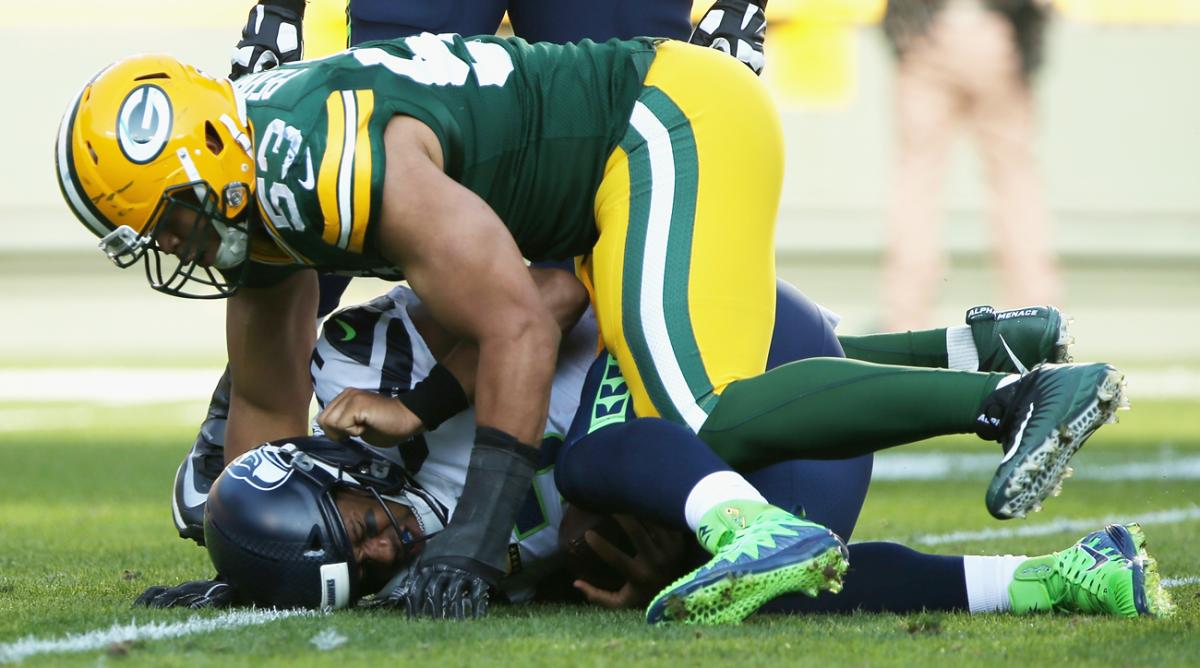Final thoughts
After looking at all the research and talking with experts in the field, it seems clear the hard-line philosophy of the importance of establishing the run is outdated and disproven. But there is still value in being able to run the ball. It's a tricky balance, but in building a team, general managers and coaches have to put more emphasis on investing in a strong passing game, but at the same time, they can't lose sight of creating an efficient run game.
In 2018, of the top 10 teams in offensive DVOA (Football Outsiders' measurement for a team's efficiency by comparing success on every single play with a league average based on situation and opponent), seven were in the top 10 in rushing success rate. Eight of 10 had winning records and made the playoffs. So while there isn't a correlation with traditional rushing success stats, there are correlations with running, winning and efficient offensive production.
This research is valuable for starting important conversations, but some analytics experts have reached hard conclusions that are too black and white for an extremely complex game. There is still value in the run game that hasn't been properly explained by numbers. The subject should be researched further, but it seems experts on both sides of the argument are in a constant shouting match with each other in which nobody ever wins. Analytics experts, coaches, players, analysts and even fans could all benefit from listening to each other and learning from each other in this conversation to advance the game.
After looking at all the research and talking with experts in the field, it seems clear the hard-line philosophy of the importance of establishing the run is outdated and disproven. But there is still value in being able to run the ball. It's a tricky balance, but in building a team, general managers and coaches have to put more emphasis on investing in a strong passing game, but at the same time, they can't lose sight of creating an efficient run game.
In 2018, of the top 10 teams in offensive DVOA (Football Outsiders' measurement for a team's efficiency by comparing success on every single play with a league average based on situation and opponent), seven were in the top 10 in rushing success rate. Eight of 10 had winning records and made the playoffs. So while there isn't a correlation with traditional rushing success stats, there are correlations with running, winning and efficient offensive production.
This research is valuable for starting important conversations, but some analytics experts have reached hard conclusions that are too black and white for an extremely complex game. There is still value in the run game that hasn't been properly explained by numbers. The subject should be researched further, but it seems experts on both sides of the argument are in a constant shouting match with each other in which nobody ever wins. Analytics experts, coaches, players, analysts and even fans could all benefit from listening to each other and learning from each other in this conversation to advance the game.

Comment